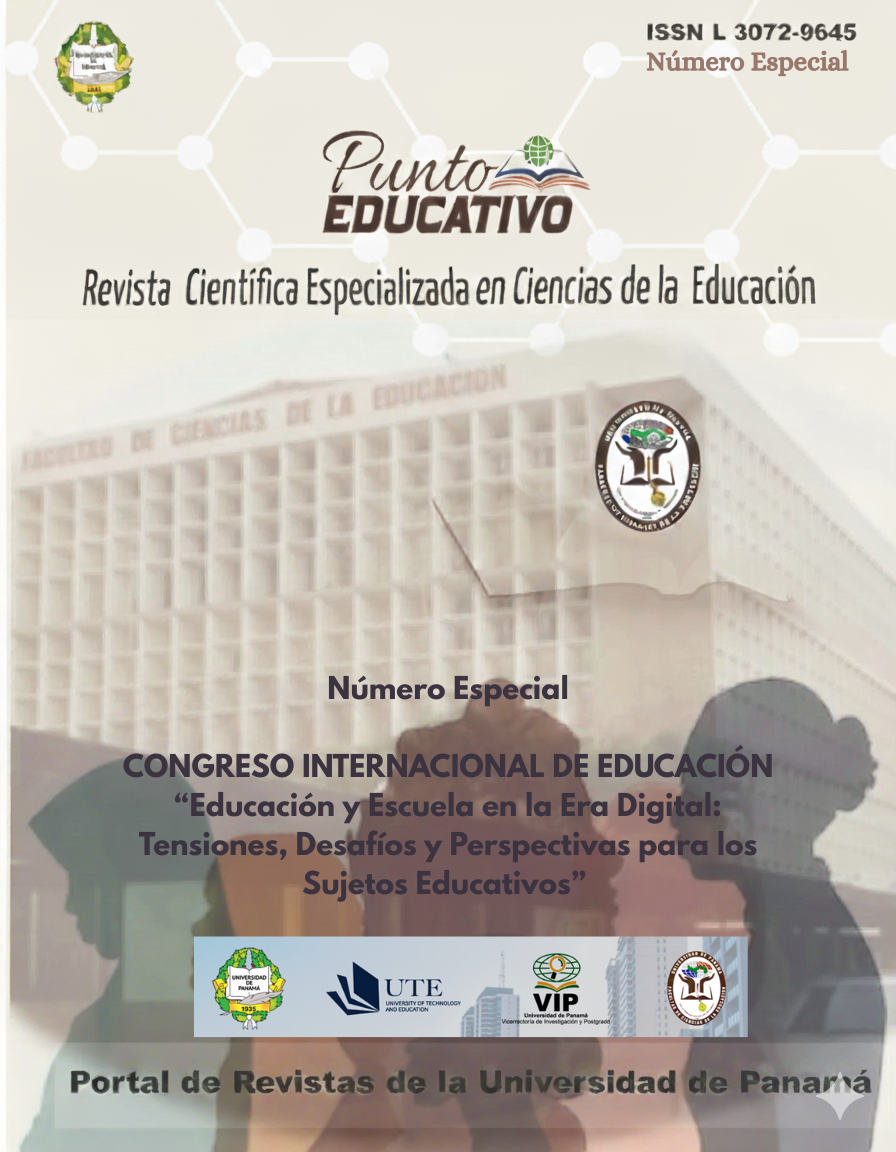

Copyright (c) 2025 Punto educativo

This work is licensed under a Creative Commons Attribution-NonCommercial-ShareAlike 4.0 International License.
STEM education (Science, Technology, Engineering, and Mathematics) has become a fundamental pillar in contemporary education, addressing the growing demand for pedagogical innovations that enhance educational quality globally. In Colombia, and specifically in Montería, the implementation of STEM approaches in public schools faces significant challenges, primarily due to limitations in teacher training and the integration of these disciplines into the school curriculum. This presentation addresses the need for a deep analysis of how STEM training influences teachers' pedagogical capacities and skills, a crucial aspect for improving teaching and learning processes in secondary education.
The study is based on a robust theoretical framework that explores the experiences and perceptions of STEM-trained teachers, drawing on contributions from prominent authors in the field; it projects how this training can transform pedagogical practices and strengthen educational strategies in Montería's public institutions. This theoretical analysis aims not only to justify the relevance of continuous and specialized training for teachers but also to offer recommendations that promote the effective integration of STEM into the school curriculum. Finally, the significance of this theoretical analysis lies in its potential to positively impact educational quality and contribute to the sustainable development of the region and the country.